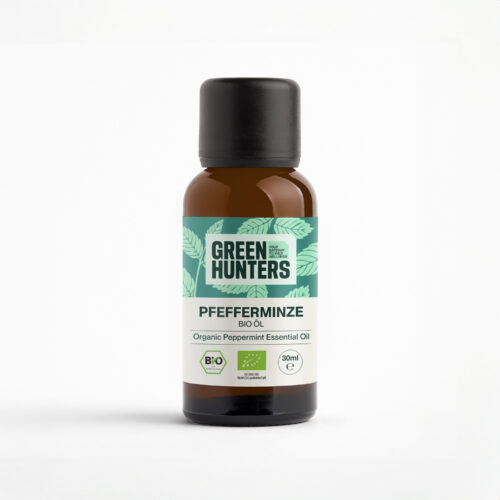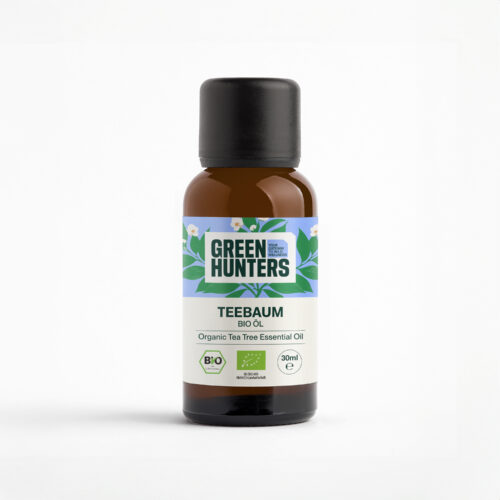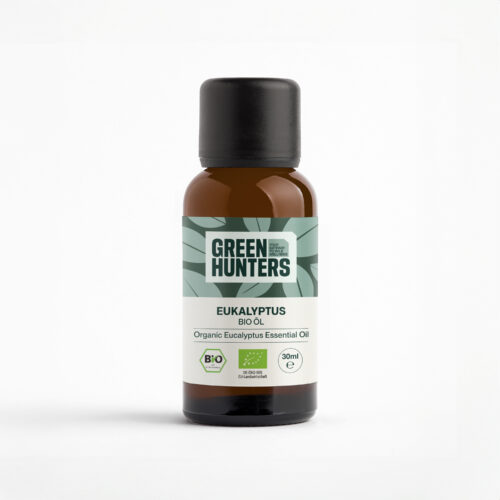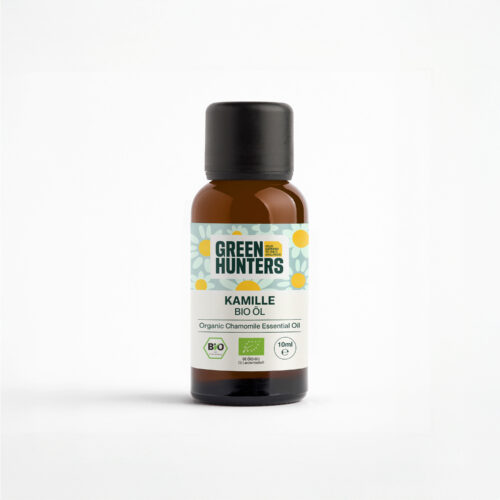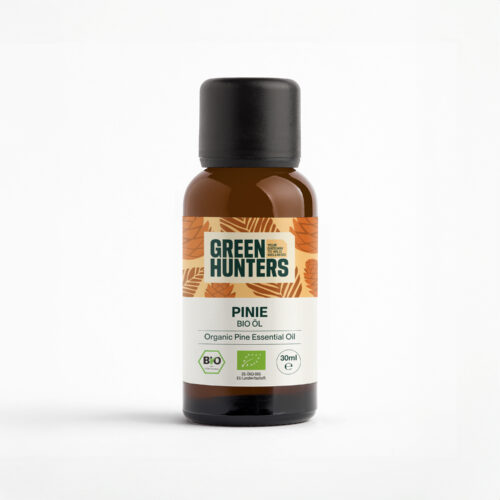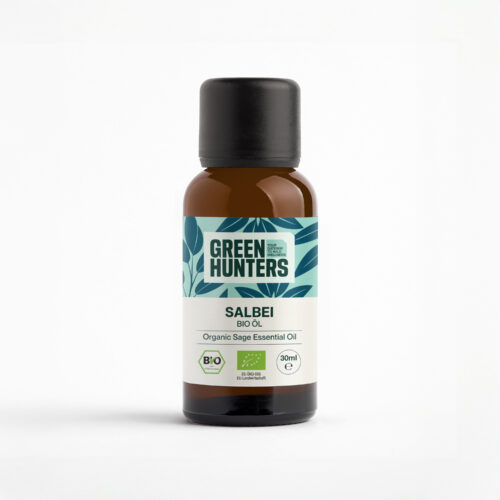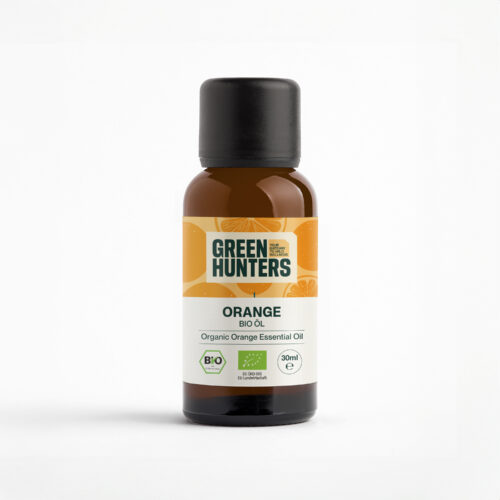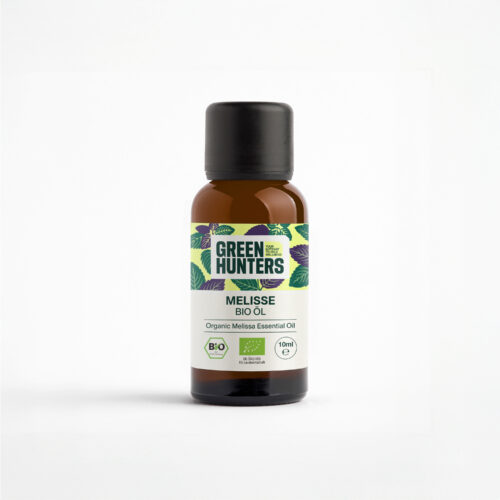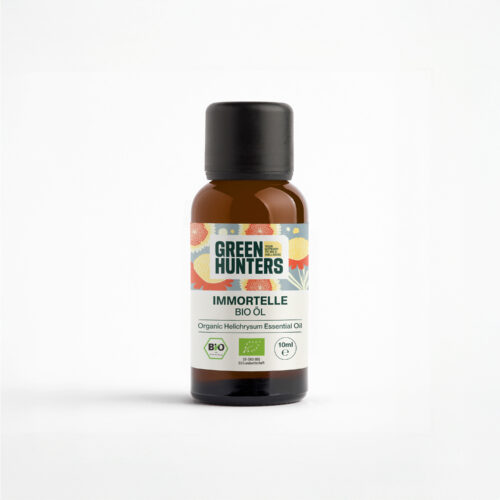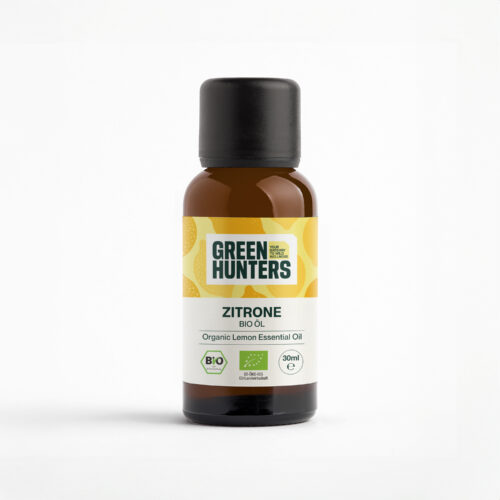The Science Behind Aromatherapy: From Ancient Wisdom to Modern Discovery

A Timeless Tradition Rediscovered
Imagine walking through an ancient Egyptian temple, the air thick with the scent of lavender and pine. Thousands of years ago, these aromatic balms weren’t just used in sacred rituals—they were believed to hold powerful healing properties. Fast forward to today, and aromatherapy is more than just a tradition; it’s a scientifically backed practice with real physiological effects on the body and mind.
But what makes these natural scents so powerful? And how has modern science unraveled the secrets that ancient civilizations instinctively knew? Let’s explore the fascinating journey of aromatherapy—from historical wisdom to modern scientific validation.
The Evolution of Aromatherapy: From Ancient Wisdom to Modern Science
Aromatherapy is not a new concept—it has deep historical roots across various cultures. The Egyptians used essential oils for embalming and medicinal treatments as early as 4500 BCE. The Greeks, particularly Hippocrates (often called the “father of medicine”), believed in the healing power of aromatic baths and massages. In China and India, plant-based therapies formed the foundation of traditional medicine systems such as Ayurveda and Traditional Chinese Medicine (TCM).
These ancient civilizations didn’t have modern lab equipment, yet they intuitively understood the therapeutic effects of botanicals. They used aromatic plant extracts for relaxation, pain relief, and even to improve mental clarity. Today, thanks to advancements in biochemistry and neuroscience, we now understand why these remedies worked so well.
The Chemistry of Essential Oils: Why They Work on a Molecular Level
At the heart of aromatherapy lies the science of essential oils—concentrated plant extracts packed with bioactive compounds. These molecules interact with the human body in ways that
science is only beginning to fully comprehend.
1. How Essential Oils Affect the Brain
When you inhale an essential oil, you’re not just enjoying a pleasant scent. The volatile molecules travel through your nasal passages and bind to olfactory receptors, sending signals directly to the limbic system—the part of your brain responsible for emotions, memory, and mood regulation. This is why certain scents can instantly evoke memories or shift your mood.
For example:
- Lavender activates neurotransmitters that promote relaxation, helping to reduce stress and improve sleep.
- Peppermint stimulates brain activity and increases alertness, making it ideal for focus and energy.
- Citrus oils like lemon and orange enhance serotonin levels, naturally boosting mood.The Bioactive Compounds in Essential OilsThe
2. Bioactive Compounds in Essential Oils
Essential oils contain hundreds of bioactive molecules, each with unique properties. Some of the most studied compounds include:
- Linalool (found in lavender & thyme) – Proven to have calming and anti-anxiety effects.
- Carvacrol (found in oregano) – Shown to have antibacterial and anti-inflammatory properties.
- Alpha-Pinene (found in pine oil) – Known to support respiratory health and mental clarity.
These compounds don’t just influence emotions; they also impact physiological processes like immune response, circulation, and hormone regulation.
3. Absorption Through the Skin
Aromatherapy isn’t just about inhalation. Essential oils can be absorbed through the skin, entering the bloodstream, and interacting with the body on a biochemical level. This is why oils like oregano and thyme are commonly used in massage therapy or skincare—to support the body’s natural healing processes.
Bridging Ancient Practices with Modern Science
While aromatherapy was once considered an alternative therapy, research now supports its real, measurable effects on health and well-being. Clinical studies have demonstrated that essential oils can:
✅ Reduce anxiety and stress – Studies show that lavender oil lowers cortisol levels and promotes relaxation.
✅ Enhance cognitive function – Rosemary oil has been linked to improved memory retention and focus.
✅ Support immune function – Oregano and thyme oils have powerful antibacterial and antiviral properties.
✅ Aid in pain relief – Peppermint oil has been shown to ease muscle tension and headaches.
Hospitals, wellness centers, and even corporate offices are integrating aromatherapy into their environments to improve well-being. It’s a perfect example of how ancient remedies are now backed by modern science.
Experience the Power of Natural Aromatherapy
Aromatherapy is an easy, natural, and enjoyable way to enhance your overall well-being. Now that you understand the science, you can incorporate aromatherapy into your routine for relaxation, focus, energy, respiratory health, and even immune support.
The ancient wisdom of aromatherapy is no longer just folklore—science now confirms its powerful benefits. Whether you’re looking to relax, energize, or support your health naturally, essential oils offer a bio-based solution.
Discover our premium collection of organic and bio-certified essential oils here.

